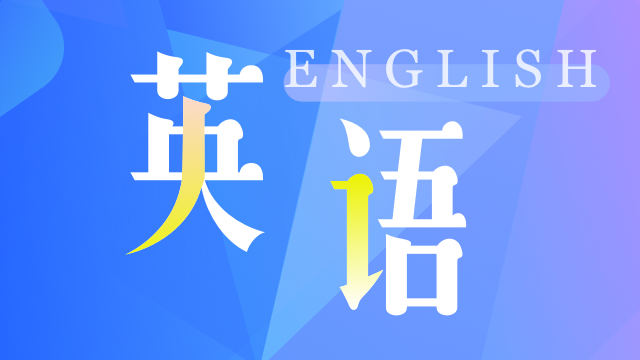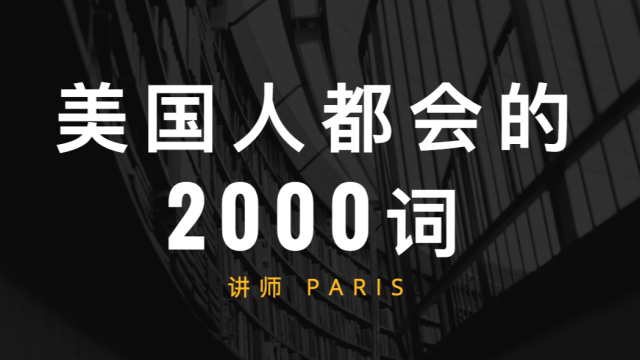?
People often get confused about the use of?used to + infinitive?and?be/get used to + ing form?because they look similar. They are, however, completely different.
人們常常會(huì)對(duì)“used to+不定式”和“be/get used to+ing”兩種形式感到很困惑��,因?yàn)樗鼈兒芟嗨?��。但是��,?shí)際上����,它們是完全不同的�。
used to + infinitive
used to+不定式
We use?used to?to talk about things that happened in the past – actions or states – that no longer happen now.
我們用used to來(lái)談?wù)摪l(fā)生在過(guò)去的動(dòng)作或者狀態(tài)����,而且是現(xiàn)在不再發(fā)生的事實(shí)?�!皯T于���、過(guò)去經(jīng)常”
例句:
·?She used to be a long distance runner when she was younger.
·?I used to eat meat but I became a vegetarian 5 years ago.
The negative is?didn’t use to?and questions are formed with?Did you use to …?
其否定形式是didn’t use to���,問(wèn)句格式是Did you use to……
There is no present tense equivalent of used to. To talk about present habits we use the present simple and an adverb of frequency (usually, always, often, never, etc.) “used to“
沒(méi)有對(duì)應(yīng)的現(xiàn)在時(shí)態(tài)��。當(dāng)談到現(xiàn)在的習(xí)慣的時(shí)候,我們用一般現(xiàn)在時(shí)和一個(gè)頻度副詞(usually��,always����,often��,never等等)表示���。
例如:
e.g.?I often eat at the Japanese restaurant in the city centre.
be/get used to
If you?are used to?something, you are accustomed to it – you don’t find it unusual. If you?get used to?something or you are getting used to?something you are becoming accustomed to it – it was strange, now it’s not so strange.
如果你are used to某事�,表示你習(xí)慣于某事�����,你不覺(jué)得該事物不正常��。如果你get used to某事物或者你are getting used to 某事物����,你正在慢慢習(xí)慣該事物��,過(guò)去覺(jué)得它很奇怪�,現(xiàn)在不奇怪了。
例句:
· I found Slovak food very strange at first but I’m used to it now.
· I’m getting used to driving on the right.
Both?be used to?and?get used to?are followed by a noun (or pronoun) or the gerund – the ‘ing’ form of a verb.
?be used to?和?get used to?后面都跟名詞(或代詞)��,或者動(dòng)名詞—?jiǎng)釉~ing形式����。
例句:
· I can’t get used to getting up so early. I’m tired all the time.
·?He’s not used to the weather here yet. He’s finding it very cold.
?Be/get used to?can be used with past, present and future tenses.
?Be/get used to?能被用于過(guò)去式����、現(xiàn)在時(shí)和將來(lái)時(shí)��。
例句:
· You might find it strange at first but you’ll soon get used to it.
·?He wasn’t used to the heat and he caught sunstroke.











